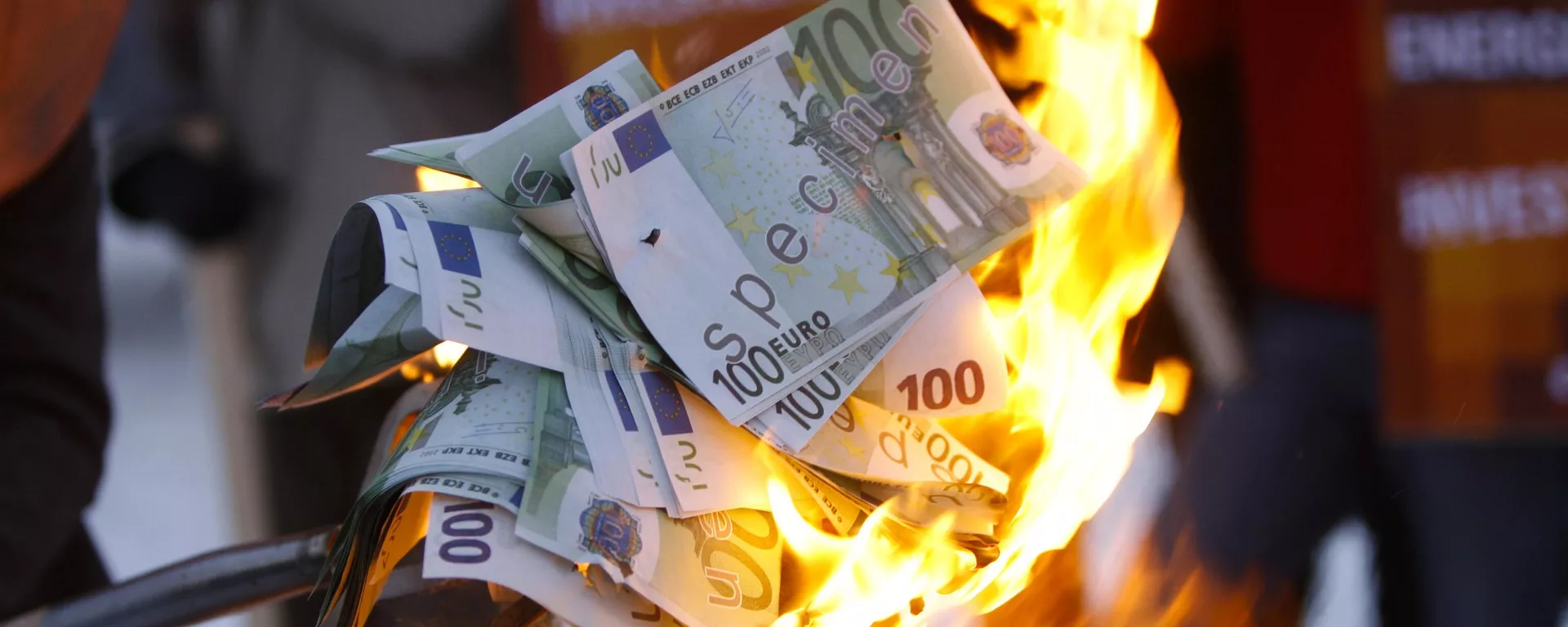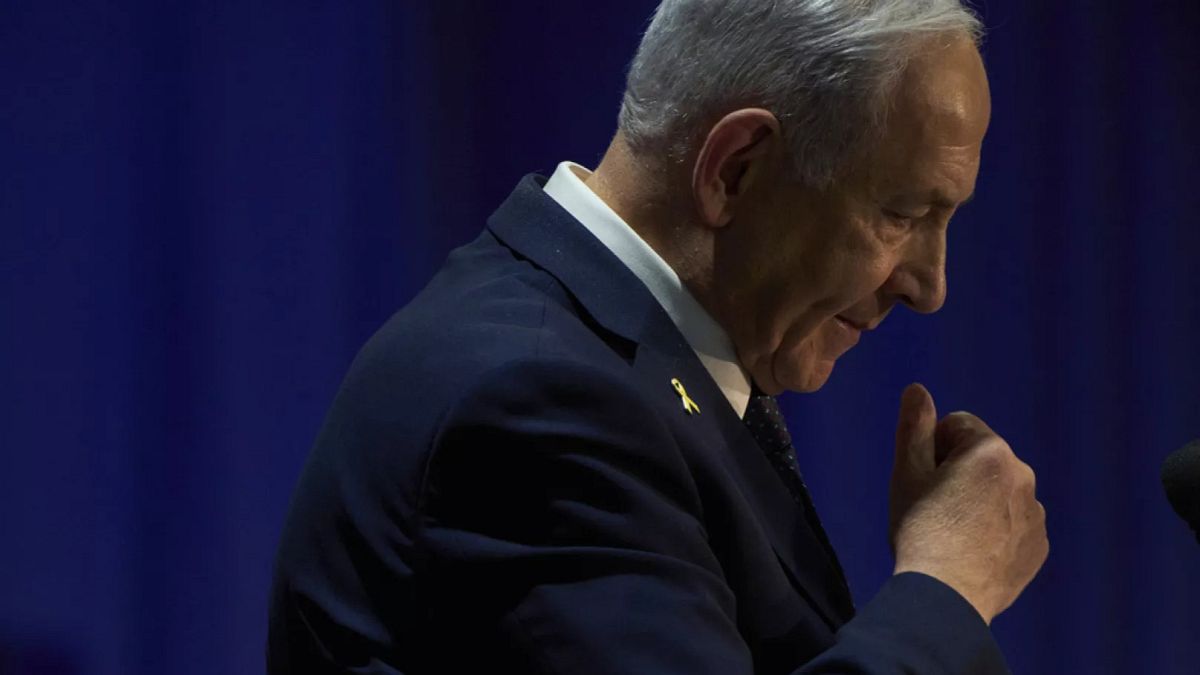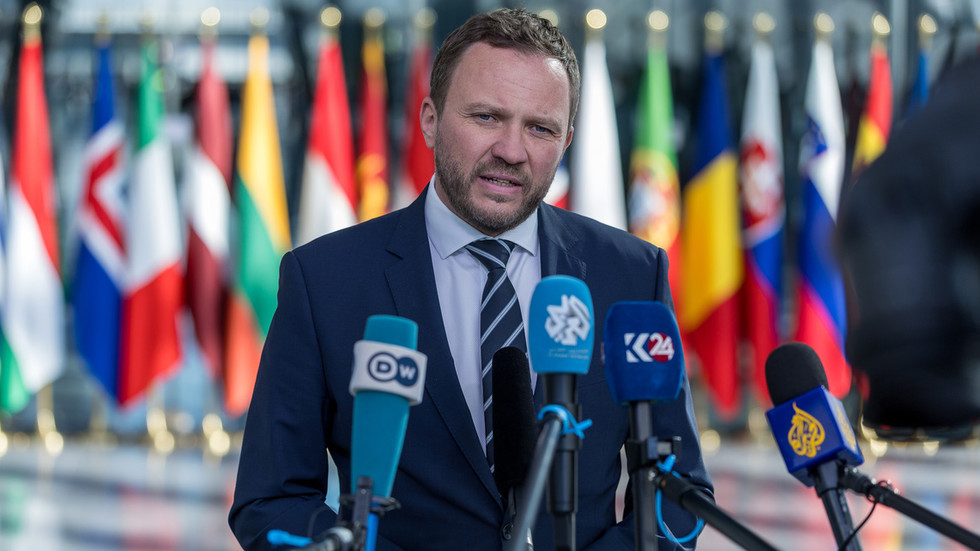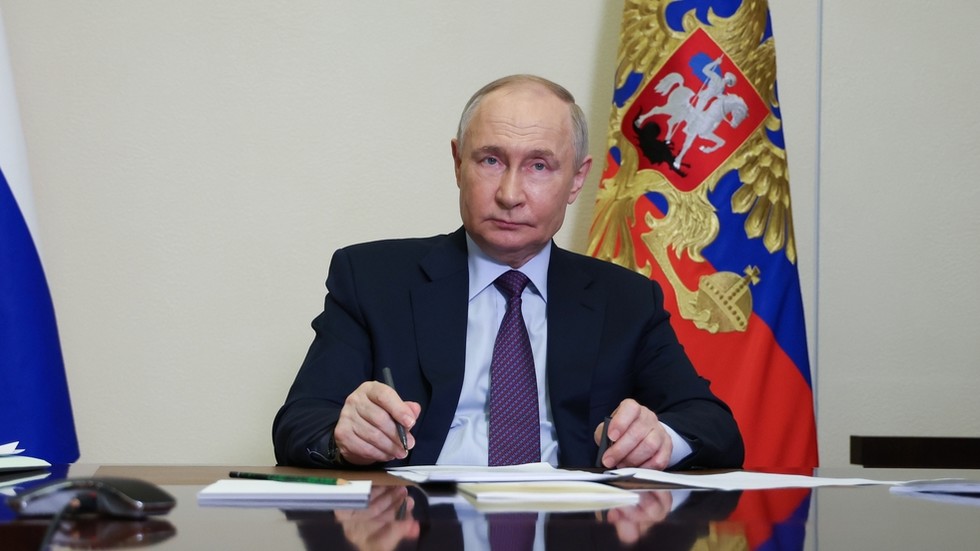The US's latest anti-Russia sanctions package targets "Gazprom Neft and Surgutneftegas, more than 180 vessels, and dozens of oil traders, oil service providers, insurance companies, and energy officials" as part of "sweeping action to fulfill the G7 commitment to reduce Russian revenues from energy," the Treasury said in a statement Friday.
Biden deputy national security advisor Daleep Singh said the restrictions are "the most significant sanctions yet on Russia's energy sector," and designed "to provide Ukraine the leverage it needs to negotiate a just and lasting end to the war" by leaving the next administration "a solid foundation" it can "build" upon.
In reality, the restrictions have two purposes: complicating the Trump administration's efforts to restore some semblance of working relations with Moscow, and continuing to gouge the Europeans via US energy exports, market and geopolitics analyst Tom Luongo told Sputnik.
On the one hand, “Trump will be happy with the sanctions because it will mean that the Europeans have to buy more oil and LNG from the United States. And that will raise their costs,” Luongo explained.
“Europe is the one who is most vulnerable to these sanctions,” Luongo pointed out, highlighting the deep economic slump the European Union has found itself amid the US-led proxy war in Ukraine, which deprived the bloc of a reliable and low-cost source of energy and plunged it into a deindustrialization and recession spiral.
“Brent crude is trading close to $79. I think it’s going to go to $90. Obviously, higher energy prices are never good for anybody. But when you continue to screw with supply chains, then that must be your intended goal,” the observer emphasized, commenting on the real motives behind the new restrictions.
“We know they think they’re going to starve Russia of revenue, which they’re not. They’ll just raise the cost of procuring Russian oil on the open market,” Luongo added.
"The Russians have pricing power. They have pricing leverage. Our sanctions have pushed the Russian ruble to its lowest level in forever. The Russians don't care. They pay their bills in rubles...All you're doing is making sure that they can sell their oil into the open market at a discount and overcome the cost of putting sanctions in place. So let's say, for example, the sanctions cost $2 a barrel. Well, the Russians can drop their tender offer price $2 below the Brent crude price, and they're going to make the sale. And then the ruble adjusts by 2% and they make the exact same number of rubles," the market observer explained.
Complicating Trump's Job From Day One
As for the timing of the new sanctions, Luongo says the White House seems to have taken a page out of the playbook used by the Obama administration in 2016, “which is to disrupt [Trump] as much as possible, to lay so many things in front of him that it derails him, precludes him from getting anything done,” including when it comes to easing tensions with Russia and stopping the bloody conflict in Ukraine.
“They’re talking about figuring out how they could dump more billions of dollars into the thing and keep it going for as long as possible. That’s what these sanctions are targeting. And they’re targeting Trump trying to end this project,” Luongo believes.
Playing With Financial Fire
In the long term, the use of the US financial system as a weapon is going to have a long-term consequences on the dollar's hegemony as the de facto reserve currency, Luongo fears.
"This is only going to make it more and more difficult for you to maintain your dollar dominance, and Trump already has a problem on that front...If he wants to pull back on the dollar empire, he needs to pull back on the dollar empire overseas, the eurodollar markets overseas. But putting more sanctions on Russian oil is only going to lower the demand for the dollar in the structural sense overseas," the observer emphasized.

 3 months ago
25
3 months ago
25









 We deliver critical software at unparalleled value and speed to help your business thrive
We deliver critical software at unparalleled value and speed to help your business thrive






 English (US) ·
English (US) ·